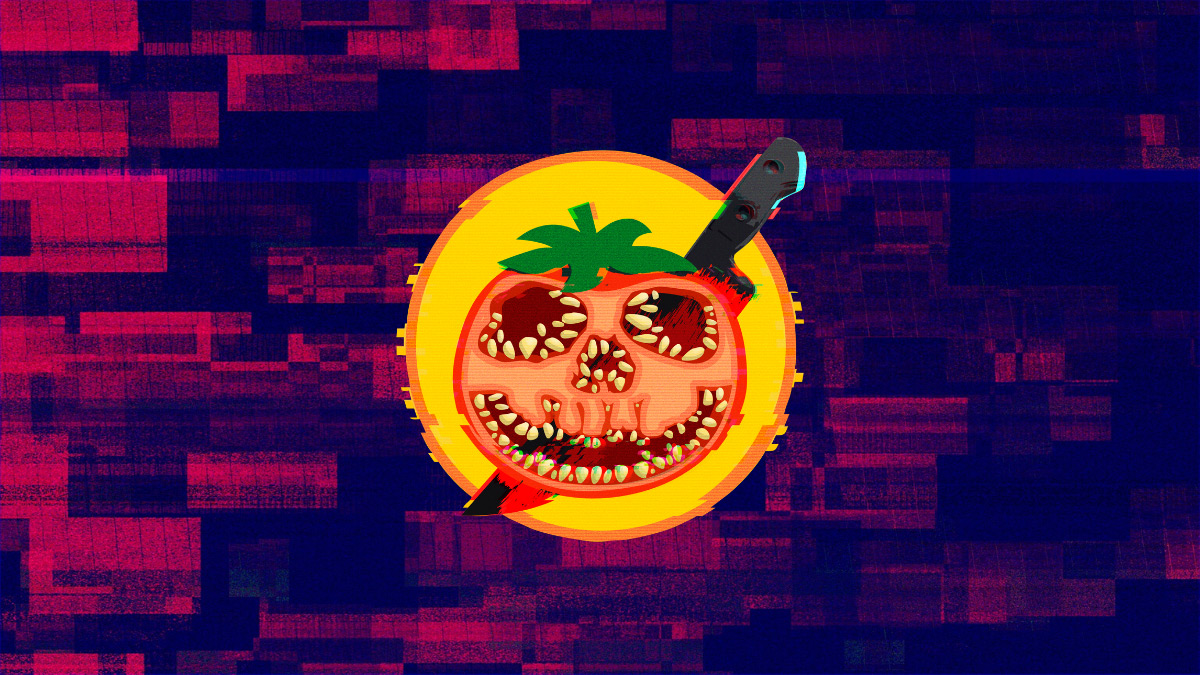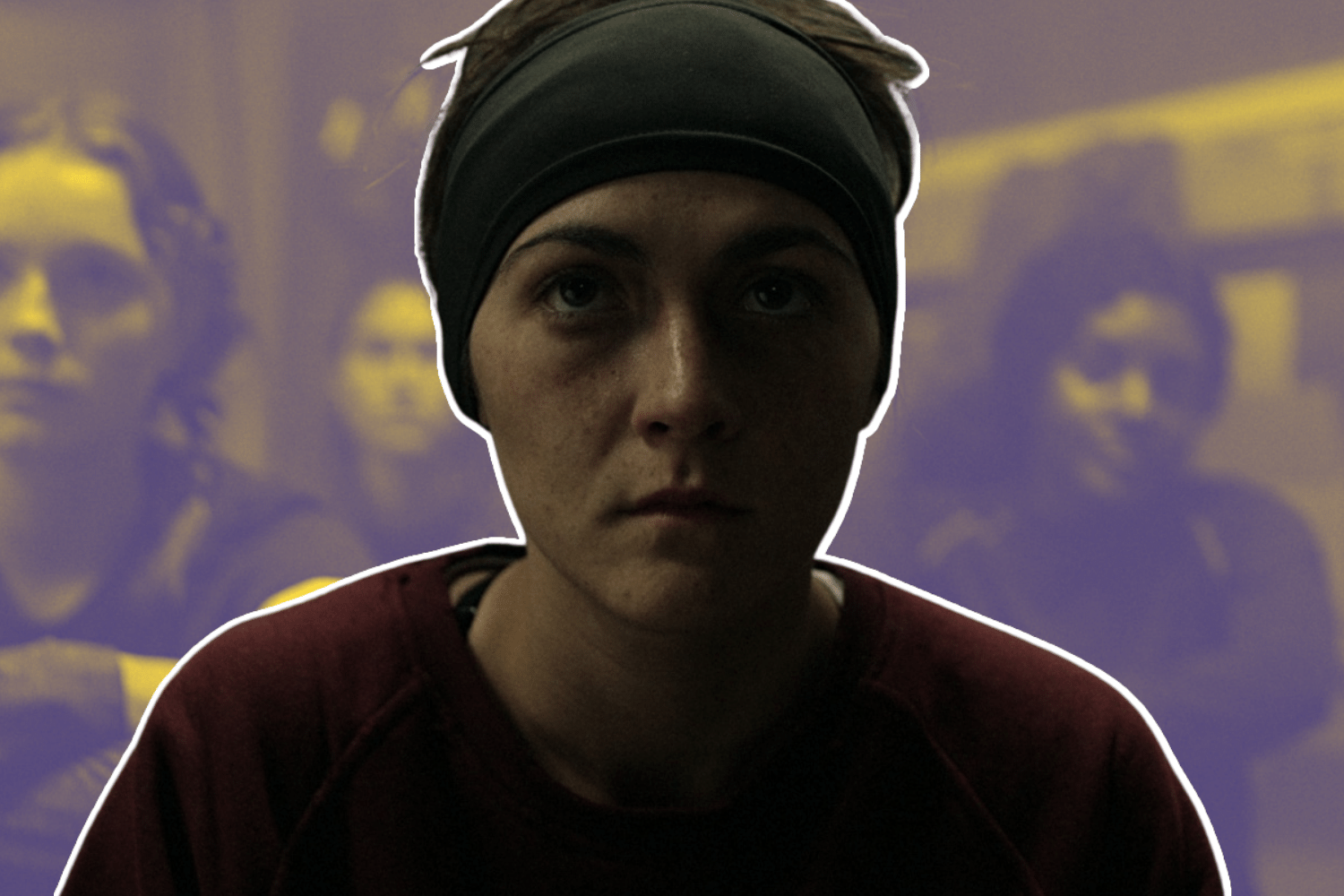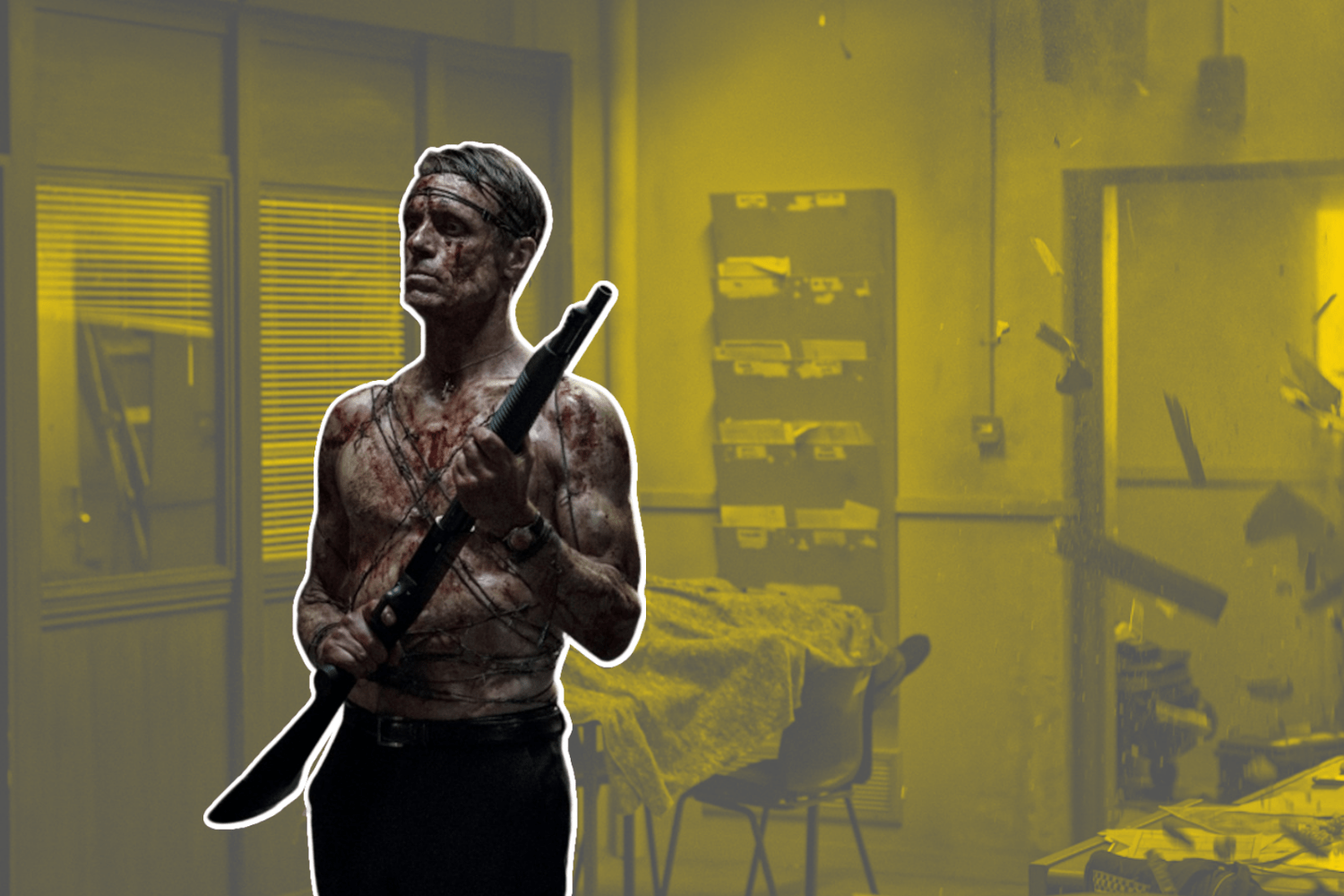Editorials
Living With Oblivion: Love and Addiction in ‘Absentia’
September 13th, 2021 | By Jenn Adams

Mike Flanagan is quickly cementing himself as a master of emotional horror. He brought us to tears with his beautiful depiction of lost love in The Haunting of Bly Manor and his adaptation of Gerald’s Game is an empowering journey through repressed trauma. 2011’s Absentia is no exception. Ostensibly about a woman whose missing husband mysteriously returns, Absentia’s terrifying premise hides a powerful portrait of the collateral damage caused by substance abuse and the pain of loving an addict.
We meet Tricia (Courtney Bell) as she’s replacing old Missing Person flyers of her husband Daniel (Morgan Peter Brown), who disappeared without a trace seven years ago. Her sister Callie (Katie Parker) has come for emotional support as she prepares to file paperwork declaring him dead. The official certificate will read “Death by Absentia,” legal words describing a life that ended in an open question. As the sisters burn the last of the flyers together, Tricia describes the fantasy scenarios she’s created to try to make sense of what happened. She imagines Daniel as a CIA agent forbidden from contacting her or the victim of amnesia starting a new life somewhere else. The pain of that open question is devastating and her mind grasps at anything that will keep her from admitting to herself that she may never know where her husband went or why.
My first marriage died by absentia. He was an alcoholic and drug addict and though we lived together for three years, he was often gone. On good days, we would laugh and share coffee, watch movies or go on hikes. On the bad days, he would become someone else—drugs and alcohol turning him into a person I didn’t recognize. Sometimes he wouldn’t come home at all. He would reappear days later, or I would get an early morning call to pick him up in the park next to his favorite bar. Even when we were physically together, he was often not mentally present. He was married to me, but devoted to the oblivion he found in his addiction.
Tricia relies on meditation to live with the constant heartache of missing Daniel. She describes the act as removing negative attachments, searching for unconsciousness to dull the pain. I sought this numbness as well. Though we were still married, I stopped making plans with him because the sorrow of sitting alone night after night at a table set for two was too much to bear. So I began to set it for one. I stopped inviting him to go out because it was too hard to explain to friends and family why he kept standing me up. He had become a negative attachment and the only way to maintain my sanity was to remove him from my mind as much as possible.
For a long time, I lived with the fantasy that I could help him, but I finally had to give up such illusions of control. Tricia finds that place of letting go as well. She stops wearing her wedding ring. She finds a new apartment and prepares to move away from the only place he knows to return to her, finally admitting to herself that she’s no longer waiting for him to come back. But her guilt lingers. In her dreams, Daniel whispers furiously in her ear, raging that she would dare move on without him. Daniel’s face becomes a specter of guilt, trying to keep her locked in a state of imprisonment. I had similar guilt about ending my own marriage. Walking away felt like giving up on his sobriety and our future together. I finally had to admit that though I loved him, I was powerless to save him if he didn’t want to be saved—though I desperately wanted to help him, he didn’t want my help. I had to let go.
Daniel’s return is just as mysterious as his disappearance and Trica is plunged back into the nightmare she fought to erase. Preparing for her first date as a widow, she imagines him in the mirror as she does her hair. She sees him standing in her closet as she chooses a dress, her guilt manifesting as his disapproving image. Leaving for a romantic dinner, she watches in shock as he stumbles towards her, bloody and disheveled, the same way my husband drunkenly stumbled towards me so many times in the park. She’s seen his ghostly image lurking in her periphery for so long that she doesn’t believe he’s real until her date sees him too. Tricia collapses in stunned disbelief, her chance at a new life turned upside down by his abrupt return.
Days later and finally alone with Daniel, Tricia demands an explanation, some kind of reason for the long years of loneliness. She thrusts the death certificate at him and dissolves into angry tears, confronting him with the pain he’s put her through. Adding to her heartbreak is the knowledge that it’s not Daniel’s fault. He didn’t choose to disappear just like my husband didn’t choose his addiction. Her rage and sorrow has nowhere to go. What should be a joyful reunion is overshadowed by shock and immense guilt that she could have given up on him and the possibility that she now prefers her life without Daniel around.
My husband did get clean several times and I let myself believe things would be different. Just like Tricia, I began to imagine a life with him in it again. But inevitably I would begin to smell alcohol on his breath followed by another day when he didn’t come home. Daniel is similarly dragged back into the void and the brief joy at his return only serves to show Tricia what she’s decided to leave behind. The devastating decision to file another missing person’s report and start the excruciating seven-year process all over again reminds me of every time I threw my husband’s dinner away uneaten. The pain Tricia sees when she tells Daniel’s mother that he’s gone again is the same pain I saw in my mother-in-law when I admitted her son had relapsed. We were right back where we started, only this time we knew how hard the road forward would be.
Faced with another seven years of uncertainty, Tricia describes the allure of oblivion and the temptation to simply walk away. She’s been picking up the pieces of her shattered life for so long and it’s understandable that she would want to leave it all behind. I longed for that oblivion as well and found it in alcohol. The haunting memories had become too much to bear. I didn’t want to move on. I wanted to punish myself for failing him and for failing my marriage. Even though he was gone, I stayed stuck in the memories. I started to drink and in an attempt to process the pain of being without him, developed my own addiction. The weight of Daniel’s disappearance proves to be too strong for Tricia and Callie until they are both consumed by his monster.
My first marriage ended in absentia. I remember staring at my divorce decree in the same way Tricia stares at Daniel’s death certificate; two documents stating the awful truth that our husbands are forever gone. I’m not sure when he found out our marriage was over, but I never notified him. I sometimes see his face in that of strangers; every time I pass that same park I wonder if he’s still there. I’ve since found peace with what I was and was not to blame for in our relationship. I’m remarried and recently celebrated eight years of sobriety. I’ve found my way out of the darkness and am in a much better place. I’d like to think he’s doing well too and that he’s found a way to come back to himself. But all I can know for sure is that I’ve put that part of my life away. It’s in my past and I pray every day that it stays there.
Callie describes Tricia as a victim soul, a person destined for torment in life but great rewards in heaven. I rationalized my first marriage this way for years. I believed that the more I suffered, the greater my reward would be when he finally got clean. I finally had to admit that this promise was deception and only served to keep me trapped in happy memories. The tragedy in Tricia’s story is that she never sees this reward either. She succumbs to Daniel’s oblivion and must view the life she could have had from the borders of reality. For those standing outside it, the pain of addiction lies in the absence of reason and the absence of power. We watch our loved ones suffer from a senseless disease, knowing that stepping in will only prolong their pain. Like Tricia, we wait for them to come back to us until we either join them in oblivion or we find a way to let go.
Visit our Editorials page for more articles like this. Ready to support more original horror criticism? Join the Certified Forgotten Patreon community today.



